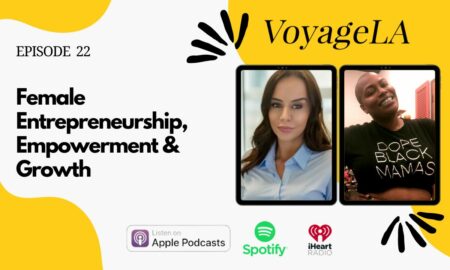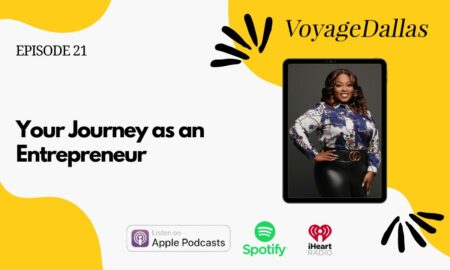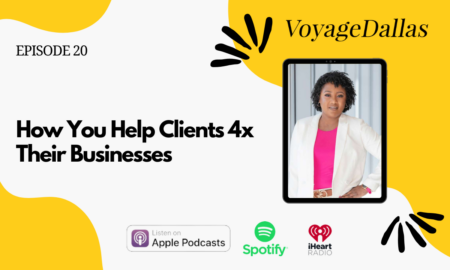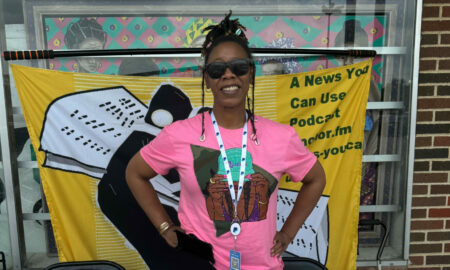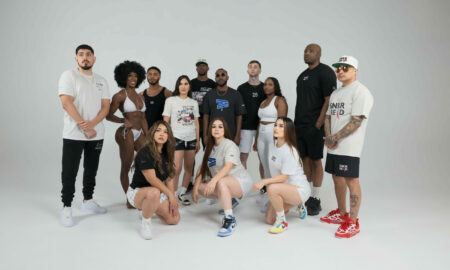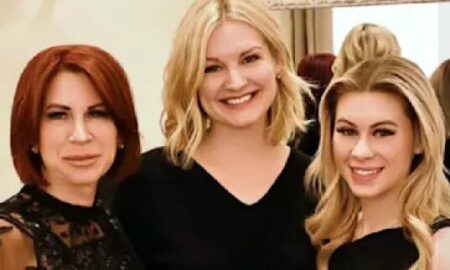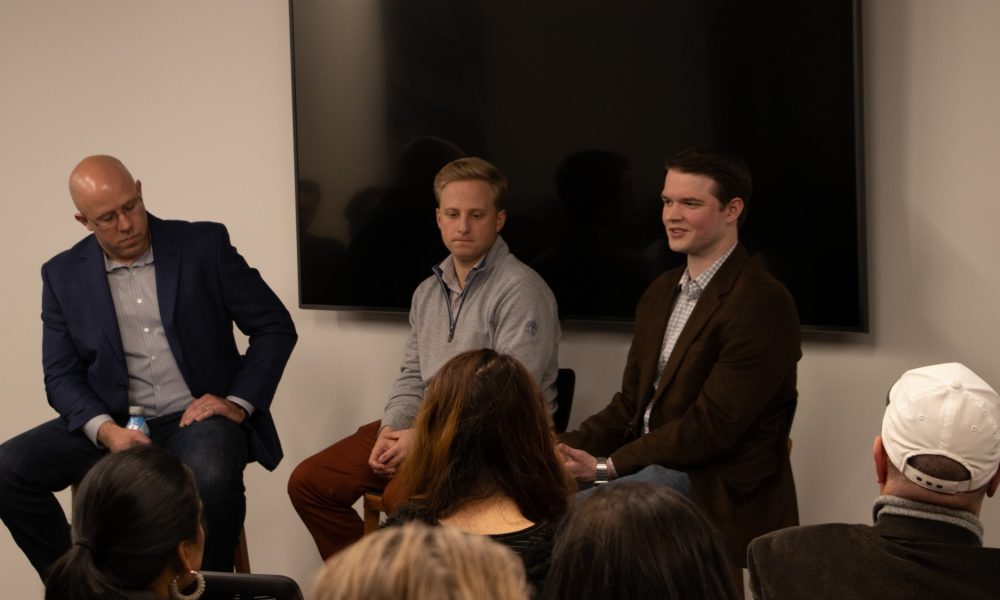

Today we’d like to introduce you to Andrew Cooley.
So, before we jump into specific questions about the business, why don’t you give us some details about you and your story.
I’ve been a gamer since I was about three or four years old but got into esports whenever I was 12. From there, I went on to play at a semi-pro/pro level across the games Counter-Strike, World of Warcraft and Left 4 Dead. After my career as a player, I transitioned to the coaching and management side of esports where I started my own organization, State of Mind Gaming. Years later I met Chris Chaney, CEO and Founder of Infinite Esports & Entertainment (parent company of OpTic Gaming and the Houston Outlaws). Chris and I got to know each other over the course of a year, he saw what I had worked on previously, liked my dedication to the industry, and invited me to be a part of Infinite at the launch.
While at Infinite, I was the President of GG Esports Academy (GGEA). During my tenure there, we were able to send 12 players and one coach into the professional scene within a one-year time frame. Unfortunately, the entirety of GGEA was part of the massive layoffs that occurred at Infinite.
After Infinite, my business partner (Andrew English) and I were talking about what we wanted to do next in the industry. Through our discussions, we realized that we loved doing exactly what we were doing – developing players, coaches, and talent in esports. From there, we decided to create Esports Performance Academy (EPA) in March of this year.
Great, so let’s dig a little deeper into the story – has it been an easy path overall and if not, what were the challenges you’ve had to overcome?
It has not been a smooth road at all, haha.
Whenever I first got involved in esports, one of my first thoughts was “I’d love to be a professional player when I grow up, but there’s no way this could be sustainable as a job when I’m an adult.” Whenever I was 12, that was completely true. I also had no support from my parents for doing what I was doing. They honestly thought that I was just wasting time on video games instead of focusing on school.
Given the two things above, I went off to Texas Tech to get my degree in Personal Financial Planning. I then spent about five years working in the financial services industry. I’d like to clarify though, regardless of what job I’ve ever had, I’ve never stepped away from esports, so when I was working full-time, I was always still working in esports too. My time as a financial advisor truly did help my professional growth, I met some great friends and mentors, and for that, I’ll always be thankful. However, what they say about “money doesn’t buy happiness” is 100% true. I reached the point where I was miserable and depressed almost every day doing what I was doing. It was at that time that I reflected on my professional career thus far and realized that I have never actually felt fulfilled and happy with anything I had done.
Around this time, esports really was starting to gain traction in the public eye. I vividly remember Mark Cuban being featured at some League of Legends events and in interviews. It was at that time I decided I had to move on to making esports my full-time job.
I had a little over a year of various struggles until I arrived at Infinite. At this point, I set myself up for failure from a psychological standpoint. When I got to Infinite, I truly believed that I was “home” and that I would never work anywhere else for the rest of my life – and, for anyone reading this, yes, that was a very stupid thing to think. I remember at Infinite, there was a period where I worked about 18 hours a day for about three months, not because I had to, but because I wanted to as a result of loving what I was doing. As I mentioned earlier, the effort everyone put into Infinite quickly became null and void as a large number of the staff were laid off in October of 2018 and the company was sold months later.
My business partner and I now live the typical lives of entrepreneurs and face the same challenges that any typical startup faces.
Please tell us about Esports Performance Academy – what should we know?
Esports Performance Academy (EPA) focuses on developing the next generation of professional players and coaches in the esports industry through a holistic approach. We work with high schools, universities, individual players, and amateur/semi-pro teams to help develop programs and assess their players.
I believe that we’re most likely known for our track record of player development where we were able to send 12 players and one coach into the professional scene within the aforementioned one-year time frame. Our ultimate goal is to open a facility in the area that will serve as a centralized training grounds for generations to come so that we can achieve these same results again.
I’d say we’re most proud of the passion that exists around us. My business partner and I are constantly working and researching because of how much we love doing what we do. What is great to see, is that the same passion exists in our clientele as well. They’re genuinely excited and interested in esports. They want their players to do well, they want their program to be great, and they want to see the industry grow.
As far as being different from others… there is a misconception within the industry that, if you dedicate a substantial amount of time to simply playing the game and reviewing it, that will solve all of the performance issues one may encounter. Our philosophy is to approach development from a much more holistic standpoint as there are numerous issues – in-game and out-of-game – that can impact performance. We look at developing all the students we work with as both a person and a player to get a well-rounded esports athlete.
Is there a characteristic or quality that you feel is essential to success?
I’d have to say competitiveness. As a player, esports is insanely competitive and cutthroat, just like any other sport. I definitely carry over that attribute from being a player into wanting to win and see EPA succeed and flourish. If it’s a report or content, I want it to look the best. If it’s one of our students, I want to enable them to perform at their best. I want our client’s programs and our research to be the best. In reality, you can’t always win 100% of the time, and we recognize that, but we will always compete like it’s possible for us to do so.
Pricing:
- Coaching sessions range from $25 – $100, depending on the complexity of the session.
- We offer long-term development plans for individual players that require a consulting session.
- We custom-tailor proposals for academic institutions based on their needs.
Contact Info:
- Website: https://epa.gg/
- Email: ACooley@epa.gg
- Facebook: https://www.facebook.com/EsportsPerformanceAcademy
- Twitter: https://twitter.com/EPA_Official
- Other: https://www.linkedin.com/company/esports-performance-academy






Suggest a story: VoyageDallas is built on recommendations from the community; it’s how we uncover hidden gems, so if you or someone you know deserves recognition please let us know here.












